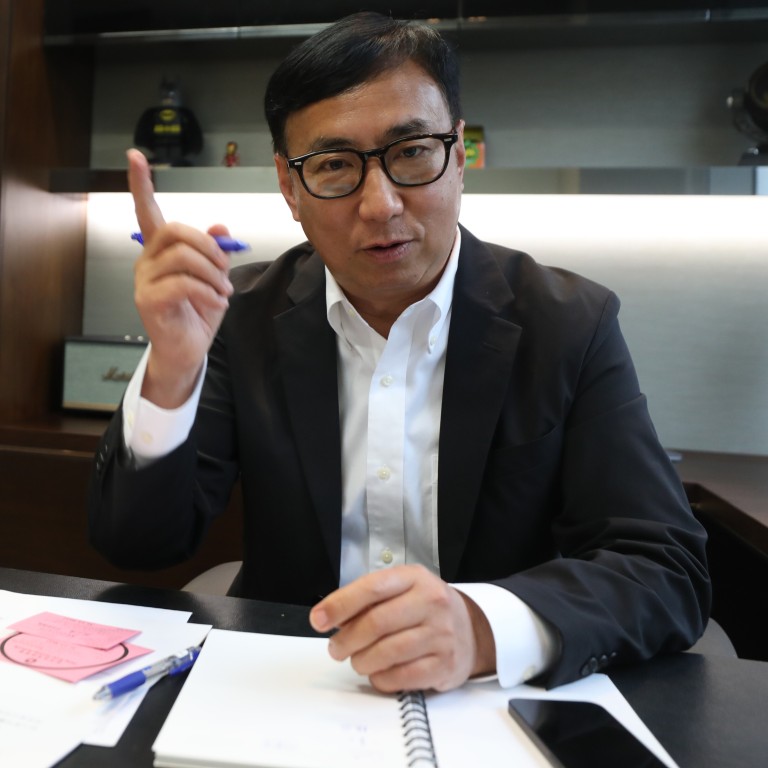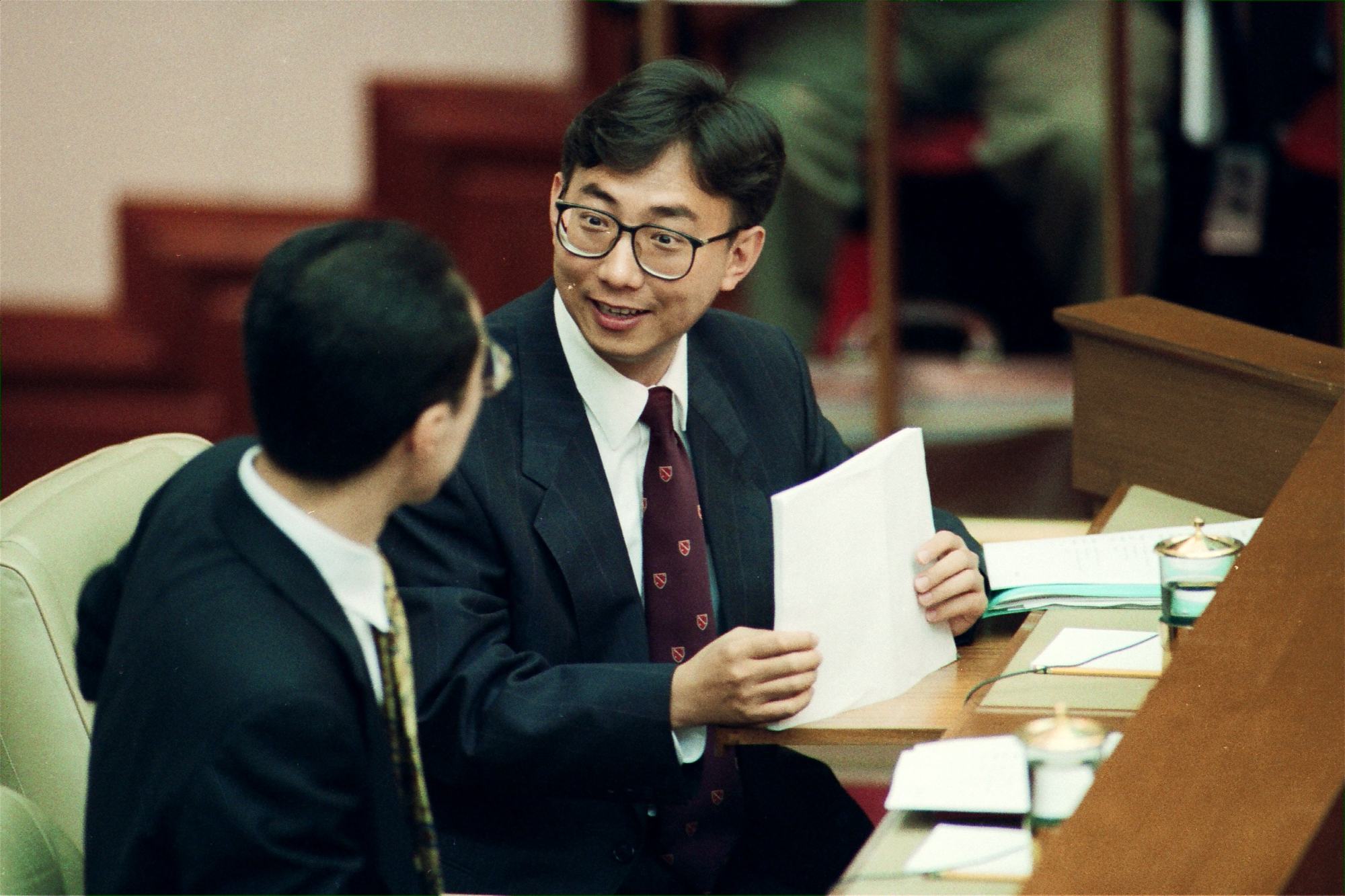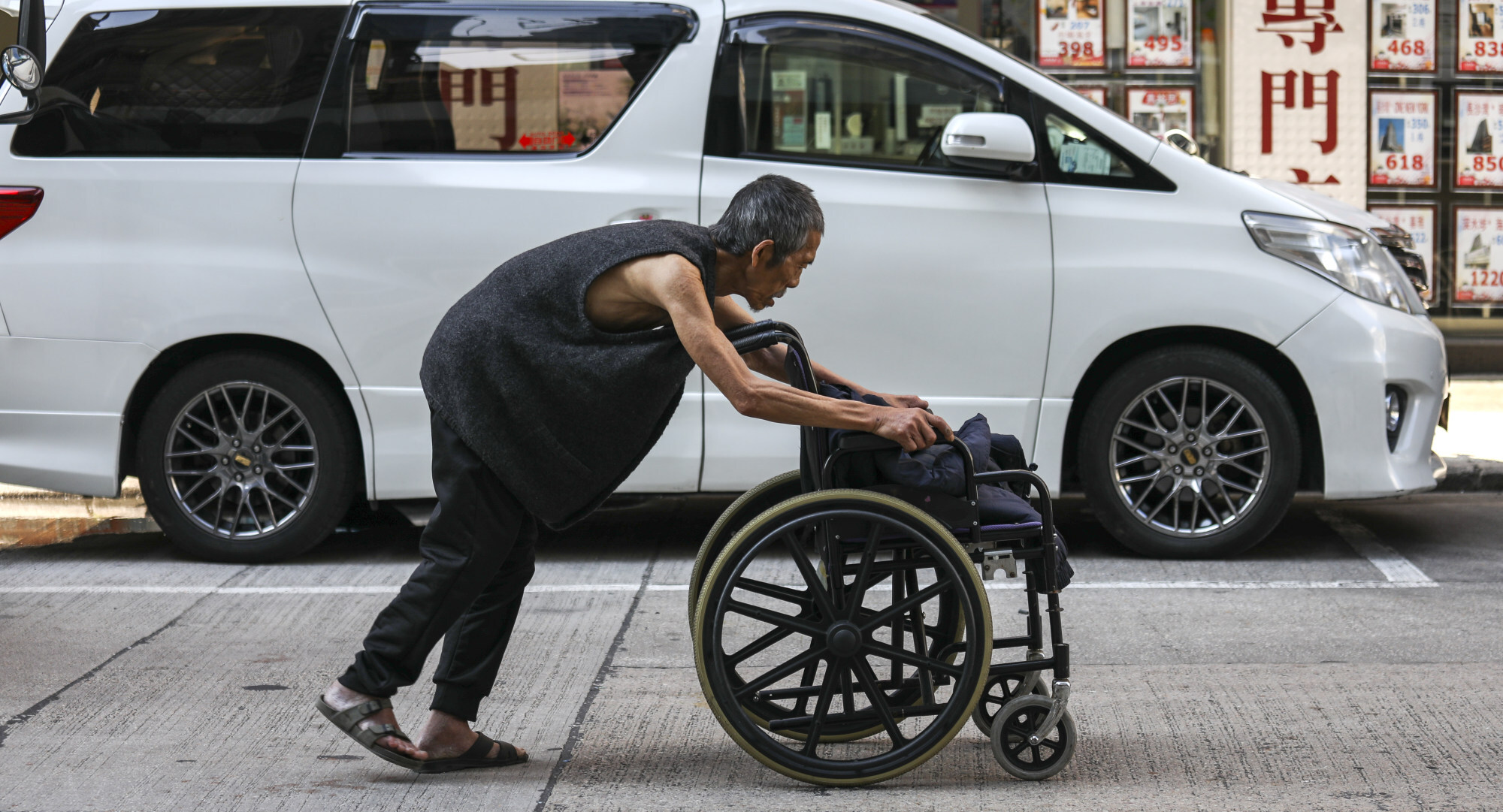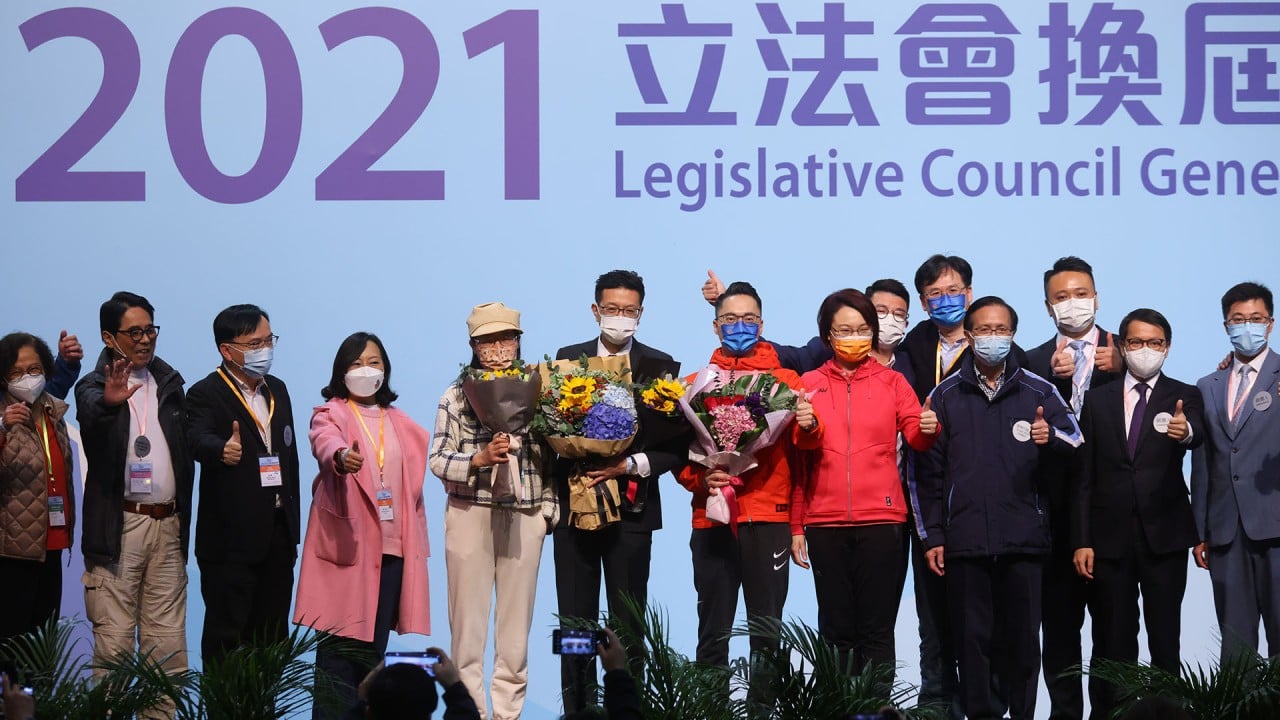
Hong Kong’s novice lawmakers: Legco’s odd man out pledges to pursue democratic reform, work with pro-establishment camp to improve welfare services
- Tik Chi-yuen hopes to ensure government listens to feedback on Article 23 national security law
- Lawmaker wants more welfare services for greying city’s elderly, disabled and others in need
Hong Kong’s only centrist lawmaker has pledged to press the authorities to push forward democratic reforms and improve social welfare services to help residents regain hope for the city’s future.
This is the veteran politician’s first time in Legco since Hong Kong returned to China in 1997. He was a member of the legislature from 1991 to 1995, when the city was still a British colony.

A founding member of the Democratic Party and its vice-chairman from 2006 to 2008, he quit in 2015, co-founded Third Side the following year and was elected a lawmaker in the social welfare sector last month.
“Since the national security law was imposed in 2020, there has been no large-scale protest, but the people’s hearts still haven’t returned to the government,” Tik said.
He noted that many Hongkongers still had grievances against the government, and were worried about press freedom following the arrests of media figures and the closure of news organisations.
“If people spot problems during the exercise, officials must not ignore them … I’ll warn the government and defend the freedom and democracy that we have,” he said.
Tik said he intended championing democratic development to ensure that the city’s leader and lawmakers would be elected by popular vote, as enshrined in the Basic Law.
Hong Kong lawmakers in ex-opposition strongholds vow to serve all constituents
Tik said that was a good sign, and added: “Even though the pro-establishment camp was not talking about it, the central government took the initiative to speak of universal suffrage, so we can take it seriously as Beijing’s consensus with Hong Kong people.”
Tik left the Democratic Party in 2015 after disagreeing with his party colleagues over the strategy for fighting for democracy.
Under it, Hong Kong would be allowed to elect its leader by popular ballot in 2017, but voters would have to choose from two or three candidates endorsed by a committee likely to be dominated by the pro-Beijing camp.
Beijing defends ‘Hong Kong democracy’, cites universal suffrage goal
Unlike his party colleagues, Tik supported the proposal. He said he still believed he did the right thing.
“The August 31 framework had its deficiencies, but if it had been approved for us to achieve universal suffrage, it would be better than what we have now,” he said.
Tik graduated from Hong Kong Polytechnic with a degree in social work in 1991, three years before it became Polytechnic University.
Married with two children, he was formerly a senior executive at NGOs such as the Evangelical Lutheran Church Social Service Hong Kong and Hong Kong Lutheran Social Services.

Tik said that over the next four years, he hoped to work with the government to come up with a long-term plan to expand welfare services for the elderly, disabled and others in need, so that such services would keep up with rising demand as the city’s population aged.
He said he was also ready to cooperate with lawmakers from the pro-establishment camp to get things done.
He hoped to work with like-minded lawmakers, and join those with a social work background to make policy proposals in areas such as social welfare, poverty and housing.
He said that Hong Kong’s political divide would heal if the government showed it could work with lawmakers on issues such as social welfare, national security and democratic reform.
“I’m optimistic. Hong Kong people are still quite emotional [about politics], but if the government is willing to listen to public opinion, and lawmakers can achieve results … Hong Kong people will find this city a happy place to live in,” he said.








